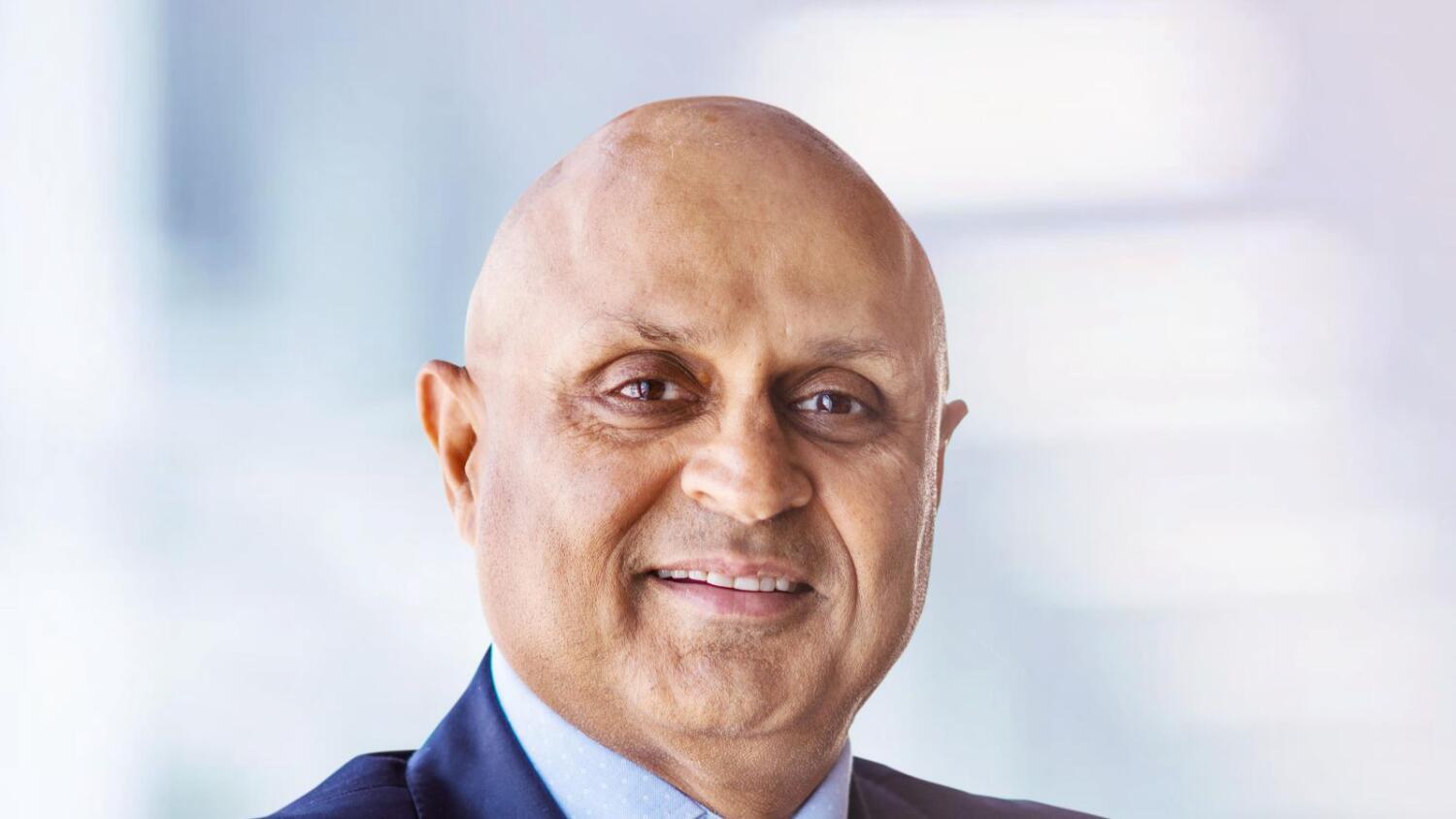As the UAE Leads the Charge in Cashless Solutions, Network International Eyes Strong Growth in Digital Payments and Wallet Technology
Network International, a prominent player in the Middle East’s digital payments sector, is positioning itself to benefit from a remarkable surge in cashless solutions across the UAE and the broader MENA region. The company, which currently holds around 40% of the UAE’s digital payments market, has witnessed a significant rise in revenue, reporting a 15% growth in constant currency to $490 million in 2023.
In an exclusive interview with Khaleej Times, Nandan Mer, CEO of Network International, highlighted the company’s strong performance, fueled by a 24% increase in merchant payments from domestic consumers and a 55% rise from international visitors. These figures underscore the robustness of the UAE’s digital payments landscape, which is expected to reach $140-150 billion annually.
“The UAE is at the forefront of the digital payments revolution,” said Mer. “In particular, both the government and the private sector have invested heavily in technological infrastructure, propelling the region to become one of the most advanced digital payment ecosystems globally.”
The UAE’s commitment to cashless solutions is evident through initiatives like domestic card programs such as Jaywan and peer-to-peer (P2P) payment systems like Aani. Network International is also exploring the potential of Central Bank Digital Currency (CBDC), which Mer believes will further transform the payments landscape in the region.
Network International’s continued investment in digitization, including business license e-services, Know Your Customer (KYC), and Anti-Money Laundering (AML) verifications, positions the UAE as a leading example of how digital payments can seamlessly integrate into everyday commerce.
Strategic Partnerships and the Future of Wallets
A key focus for Network International is the development of advanced digital wallets, which are expected to revolutionize how consumers interact with digital payments, banking, and e-commerce. In this pursuit, Network International has partnered with Ant International, leveraging its proven success in China, India, Japan, South Africa, and Brazil to bring similar capabilities to the MENA region.
Mer emphasized that this partnership would enable Network to bring a super-app concept—already successful in markets like China—to the Middle East and Africa. While Network International does not plan to launch its own super-app, it will work with local banks, telecoms, and fintech companies to deliver a seamless, personalized experience for consumers. This approach will ensure that the super-apps powered by Network’s technology are tailored to the specific needs of MENA users.
AI and Cybersecurity: The Backbone of Digital Payment Solutions
Mer also discussed the role of artificial intelligence (AI) in enhancing operational efficiency and securing the payment ecosystem. From fraud risk scoring to credit risk management, Network International is utilizing AI to optimize both internal operations and customer-facing services. AI-powered machine learning is also embedded into super-apps, helping to provide users with personalized recommendations—whether for travel activities or dining options—based on their individual profiles.
Cybersecurity remains a top priority for the company. Mer explained that as a leading payment solutions provider, Network International faces constant attention from cyber threats. However, the company is committed to employing multiple layers of defense, leveraging AI to predict and prevent potential attacks, ensuring a secure environment for both consumers and businesses alike.
With the UAE leading the charge in digital payments, and Saudi Arabia making substantial investments in technology infrastructure, the region is poised to remain a hotbed for innovation in cashless solutions. As Network International continues to expand its digital payment offerings and strategic partnerships, it is clear that the future of payments in the Middle East is not only cashless but also smarter, more secure, and increasingly mobile.















